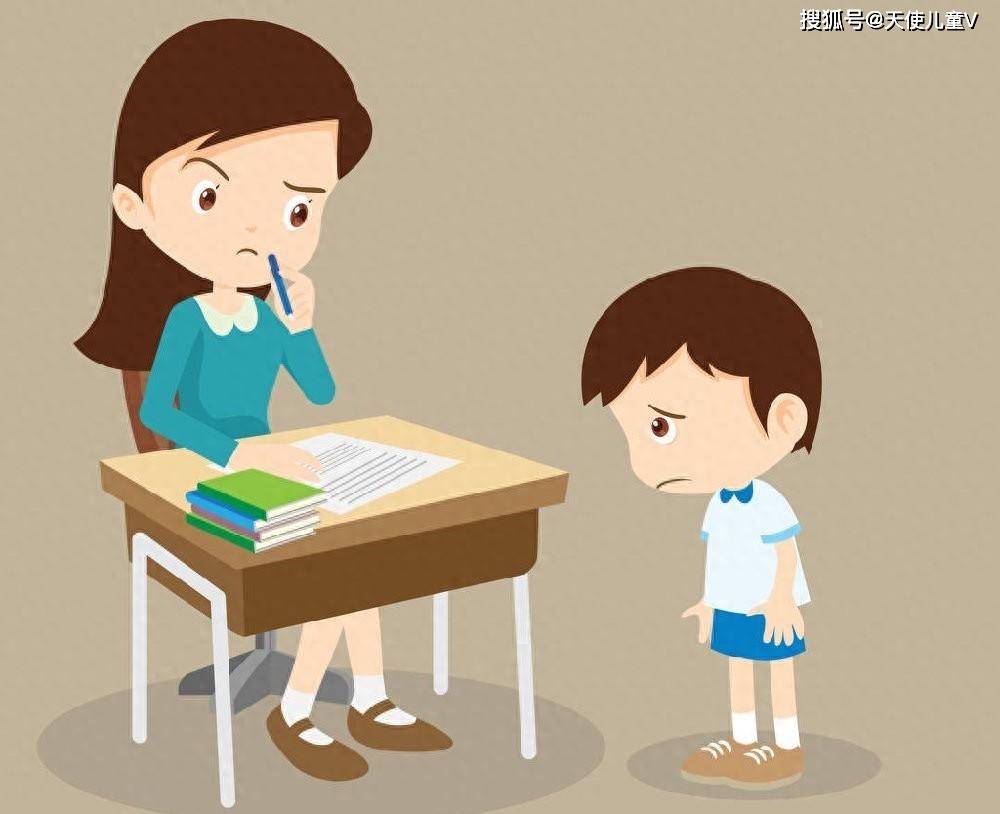Anxiety is a common and intense emotional state. When people face uncertain situations and cannot predict the outcomes, anxiety arises. This is particularly true for children, who can feel anxious even in the most comfortable environments.
For example, when children are 7-9 months old, they may be scared of strangers (crying when approached by them), leading to anxiety. Similarly, around the age of 1, children develop a strong attachment to parents and fear separation, experiencing separation anxiety (crying and sadness). This tends to increase over the next 3 years until it diminishes by the end of kindergarten.
As children grow, their world expands, exposing them to new and unfamiliar environments or objects that may evoke fear. Whether it’s real or imagined dangers like large animals or monsters, these can trigger anxiety in children.
Unresolved anxieties or exaggerated perceptions of difficulties can escalate anxiety into an anxiety disorder, such as anxiety disorder, making children vulnerable and impacting their emotional well-being, energy levels, physical health, learning abilities, academic performance, social relationships, and family harmony.
So, what signs can parents look out for to identify anxiety in children?
1. Excessive distress not proportional to real situations: crying, physical symptoms, sadness, anger, frustration, helplessness, and embarrassment.
2. Being easily distressed, excited, or angry when under stress.
3. Repeatedly asking “what if” questions, feeling inconsolable, and not responding to logical arguments.
4. Headaches, stomachaches, frequent nausea leading to school avoidance.
5. Anticipatory anxiety, worrying about events hours, days, or weeks in advance.
6. Sleep disturbances, difficulty falling asleep, or frequent nightmares.
7. Perfectionism: setting high standards with never feeling good enough.
8. Excessive sense of responsibility: excessively worrying about annoying others, apologizing for unnecessary things.
9. Showing excessive avoidance tendencies: refusing to participate in activities, skipping school.
10. Functional impairments in the child or family: experiencing difficulties with school, visiting friends, religious activities, family gatherings, trips, and vacations.
11. Needing excessive reassurance and prolonged persuasions to engage in routine activities like homework, cleaning, and eating.
Considering these indicators, parents can identify danger signals of anxiety in their children. Addressing such situations promptly through communication, identifying the root cause of the child’s anxiety, seeking professional evaluation and treatment if necessary can prevent severe psychological impacts on the child.
Note: This article serves for educational purposes. Some contents and images are sourced from the internet. Please contact for copyright issues.
Guangzhou Angel Children’s Rehabilitation Hospital
Healthy Children, Happy Families!


